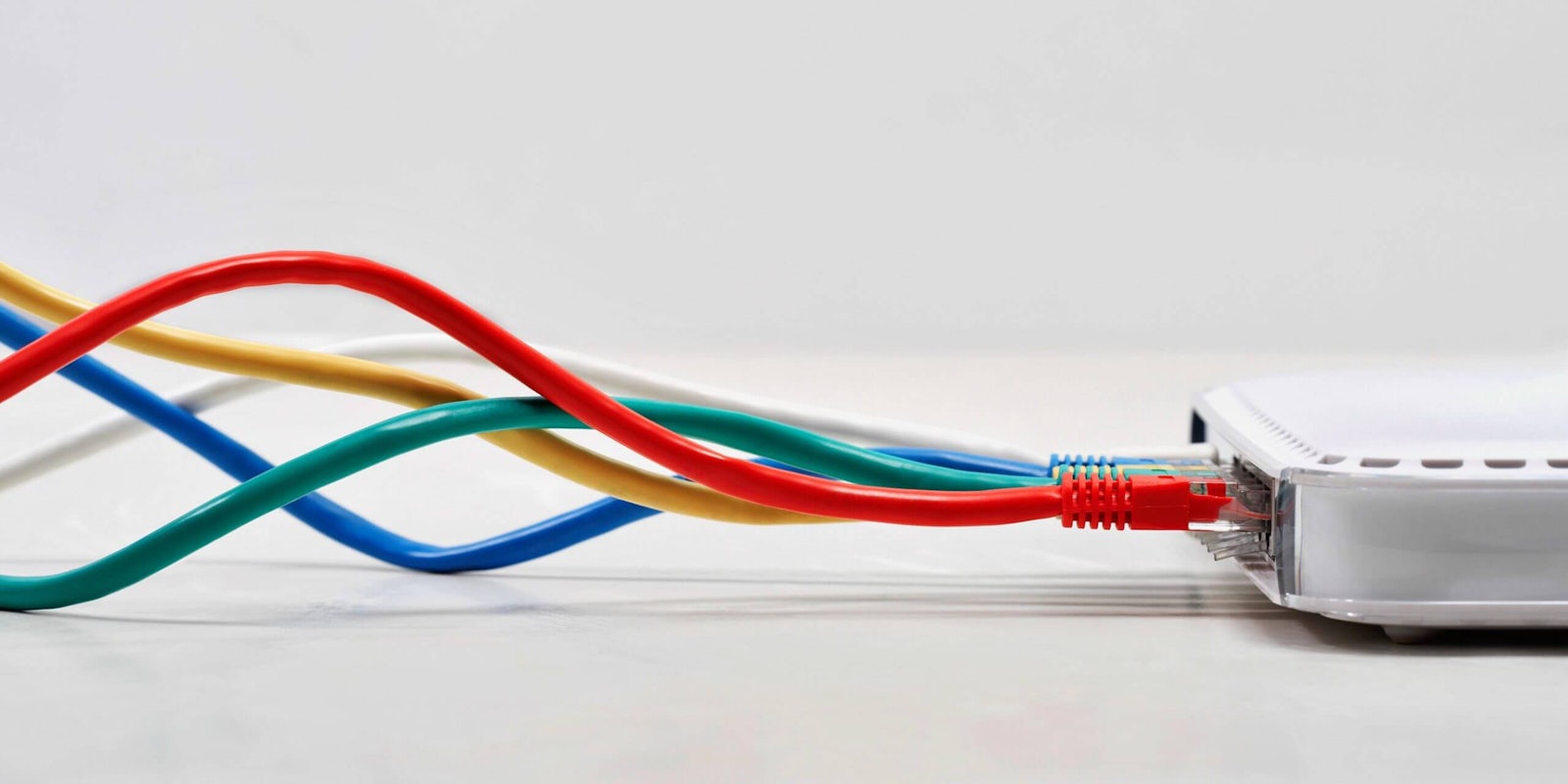More than 800 advocacy groups are urging Congressional leadership to issue a moratorium on the halting of broadband and other utilities as part of the next coronavirus relief package.
The groups, in a letter sent to House Speaker Nancy Pelosi (D-Calif.), Senate Majority Leader Mitch McConnell (R-Ky.), Senate Minority Leader Chuck Schumer (D-N.Y.), and House Minority Leader Kevin McCarthy (R-Calif.), argue that broadband, electric, water, and other utilities should not be shut down for an extended period of time after the coronavirus emergency ends.
With coronavirus sending so much into disarray, the possibility of having utilities shut off would only add to the hardships felt by Americans during the crisis, the letter argues.
The coronavirus emergency has shined a light on the digital divide in the United States, or the gap between people who have access to high speed internet and those who do not.
“Right now, an affordable broadband connection can mean the difference between being employed or unemployed, healthy or sick, connected with the outside world or trapped in isolation,” Dana Floberg, policy manager at Free Press Action, said in a statement. “As the pandemic forces people out of work, millions more people, especially low-income families and communities of color, will find themselves unable to pay for broadband. No one should lose access to lifesaving and necessary communications tools during this crisis.”
The letter emphasizes the impact that a lack of broadband connections can have on people during, and after, the crisis.
“With respect to broadband services, we urge Congress to provide substantial funding for emergency broadband connectivity programs, aimed at connecting low-income families and those experiencing job and income loss due to the pandemic, both to meet immediate need and to support those struggling through the impending recession,” the letter reads. “Similar treatment of other essential utilities is also urged.”
Calls for Congress to tackle broadband issues in the next coronavirus relief bill have been gaining steam in recent weeks.
A majority of the Democrats in the Senate earlier this month urged leaders in Congress to address the “homework gap,” or the students in the country who do not have access to high-speed internet, a problem that has been exacerbated as the coronavirus has forced schools to turn to virtual learning.
One estimate says 12 million students do not have access to adequate broadband.
The lawmakers argued that $2 billion in E-Rate funds should be included in the next relief bill. The E-Rate program provides subsidies to schools and libraries for devices to get people online.
“Congress must act in light of the unprecedented disruption that the coronavirus has created for our education system,” the senators wrote in their letter. “We must work now to close the homework gap and ensure that all students who need internet access have the connectivity they need to continue learning from home.”
A large number of broadband providers have signed the “Keep Americans Connected Pledge” from the Federal Communications Commission (FCC), but some experts believe the agency could be doing more to ensure people stay online during the emergency.
READ MORE:


